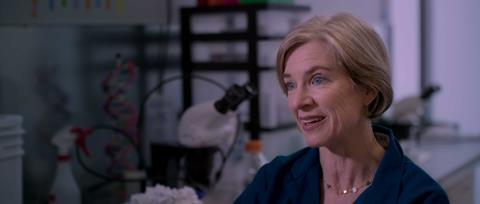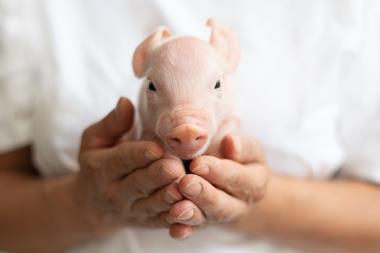Directed by Leeor Kaufman and Joe Egender
2019 | four episodes, 62–70 minutes each
In 2018, the Convention on Biological Diversity decided against a moratorium on a controversial technology known as gene drive, albeit in the face of considerable opposition. The following year, scientists working in Burkina Faso embarked on a programme to employ this technology against malaria-carrying mosquitos. If things go according to plan, it will eradicate that mosquito species, at least in that part of the world. Good news for those living in countries in which malaria is endemic – but it would be wrong to think that this technology is without its detractors. It is this topic of genetic engineering that forms the subject matter of the four-episode Netflix documentary series Unnatural Selection.
Genetic engineering is not new, but with the advent of Crispr-Cas9 technology it can be carried out with increasingly greater specificity. All sorts of applications are now feasible, and Unnatural Selection looks at a number of examples. These range from treatments for diseases caused by defective genes to creating genetically modified mosquitos to combat malaria and, potentially, releasing genetically modified rats in New Zealand to help reverse the catastrophic effect they’ve had on indigenous wildlife.
We’re also given some insight into the emerging biohacker community: a dog breeder trying to eliminate genetic diseases in dogs, a person providing gene-editing kits by mail order and someone who advocates self-administration of untested HIV cures. Each example follows closely the individuals involved, all of whom have plenty of opportunity to express their opinions, often delivered with obvious passion. We hear also from scientists, bioethicists and environmentalists, talking about their concerns over the technology’s potentially uncontrolled use.

What to make of it all? I would have preferred to have seen a little more explanation of the science involved. I also think the series is too long – the material could probably have been covered in two episodes, certainly in three. I found the presentation style a little irksome, at times jumping around too much, while at other times being a bit repetitive.
However, I would still recommend watching it. Genetic engineering technology is immensely powerful, highly controversial and potentially quite dangerous in the wrong hands or maybe even the right hands. All of these issues and many others are explored in this series. You might find yourself at times nodding in agreement and at others shaking your head in disbelief. If you can find four hours, and you’re interested in this topic, watch it and see what you think.












No comments yet